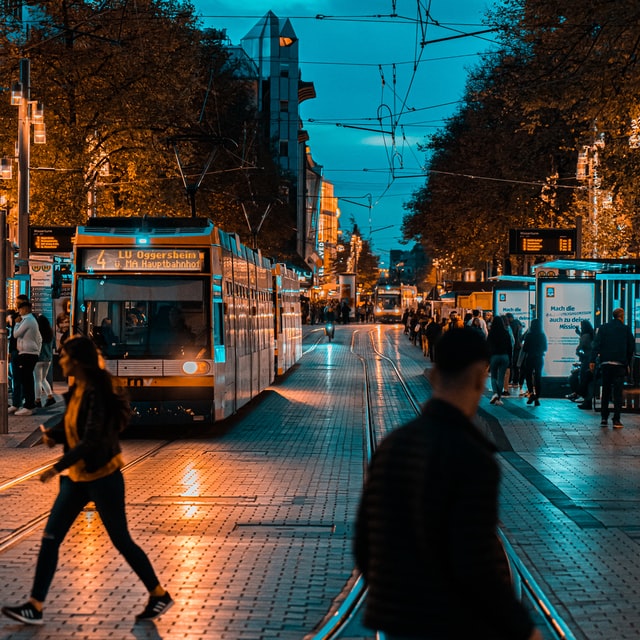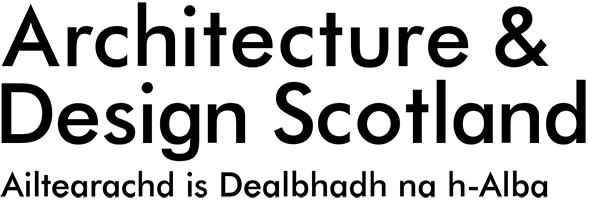Co-producing quality places: passion and participation

This blog series looks at lessons learned from a trip to Mannheim, Germany, in early 2017. It sets out some of the observations and learning for Scotland. In the blog, we reflect on the co-production stories from Mannheim and Vauban and explore passion, participation, and sustainability.
In Scotland and the UK, there can be a perception that community development and volunteering means that people are expected to do free work. There is an assumption that people with passion will step in and do stuff, regardless of payment, and ‘the last stop’ on outcomes and actions is often the third sector. But, it is often not ‘the first stop’, so it does not feel like a partnership or equal participation.
People working in the third sector differentiate between passion and commitment. Community development is a professional endeavour. It takes commitment to build a case for change and to carry it through. This is about discipline, working towards a clear aim and a framework for decisions. It is not passion dependent.
Passion alone is not enough
Passion is not sufficient and, in some cases, it is a distraction from the job at hand. The job is ‘to get the job done’ and to support communities in achieving outcomes. In this, the purpose and approaches around community development share much in common with those of government.
Sustainability is a key element of an outcomes approach. The individuals and groups working towards outcomes need to be working in a coherent way, with a sense of empowerment and structural stability to enable consistent decision-making.
Most people choose their profession to make a difference, for which they invest commitment, and often, a lot of passion. Sustainability seems to be about ‘both’, not ‘either/or’.
The challenge is how we make this happen.
How Germany does it
Changing places needs different people doing different roles. And a clear story in the German context is the different frameworks for participation and local democracy. These are at the level of the individual, groups, communities and whole neighbourhoods.
The aim is to have engaged citizens who share the role of shaping the city with city authority and decision makers. Achieving this aim is about building active citizens, who choose to participate, have a sense of citizenship, and are able to find the different ways and spaces to engage.
Wellbeing of citizens
City government is designed to address the wellbeing of citizens and take the long-term view of outcomes and resources. It participates in shaping places through the political and administrative processes of policy and investment.
This form of governance achieves continuity because there are structures, paid employees, outcome frameworks and accountability. And within this, there are individuals who invest passion and commitment into the process of making places better, or making better places.
At the community level, there are different forms of participation. In Germany, there are formal and informal associations. Formal associations are constituted groups. They are recognised by the state as providing some representation of a community or a thematic issue. Informal groups represent interest groups, focused on an issue or challenge.
Formal associations are often supported by the city government. There is a grant of payment, and the association chooses who to employ and how to use this resource to support its work. There is some base level of resource certainty which enables continuity.
And within these associations, there are people with passion AND commitment.
Lessons on co-producing quality places
Explore the rest of our blog series on co-producing quality places. It sets out some of the observations and learning for Scotland from a 2017 trip to Mannheim in Germany.
